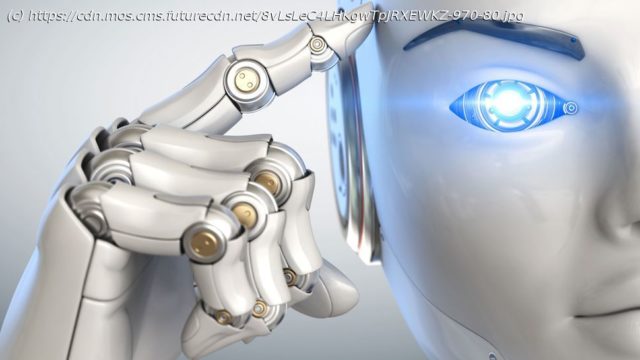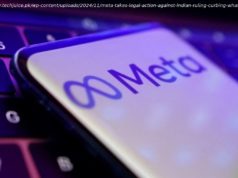Not as open as the name suggests
Elon Musk isn’t wrong about OpenAI. It started as one thing and then became another, though that isn’t necessarily a bad thing.
The enfant terrible of the tech and social media world launched a lawsuit (PDF) late Thursday against OpenAI, and cofounders Sam Altman and Gregory Brockman, claiming that by launching a for-profit arm, OpenAI breached the terms of its original foundation agreement, which promised OpenAI would work to ensure that AI and even General AI would be developed for the betterment of humanity.
Musk, Altman, and Brockman launched OpenAI back in 2015 with that agreement in place, but after pouring millions ($44M by Musk’s count) into the non-profit and multiple disagreements about the direction of the company, Musk and OpenAI eventually parted ways.
In the meantime, OpenAI launched a profit arm, which could do a better job at funding its research than collecting donations, and it partnered up with Microsoft, which handed OpenAI a huge multi-billion investment and gained exclusive access to some of the company’s work product. That’s given Microsoft a leg up in the AI race and helped it launch Copilot (formerly Bing Chat).
In the lawsuit, which seeks unspecified damages and OpenAI’s return to its non-profit, open-source roots, Musk claims that OpenAI “has been transformed into a closed-source de facto subsidiary of the largest technology company in the world: Microsoft.”
It points to the development of GPT-4, which Musk claims can out-reason humans, and how its trajectory has not matched that of GPT-3.5. Unlike previous OpenAI GPT models, GPT-4 is not yet open-sourced. Musk claims, though, that Microsoft has access to that internal design.Too powerful
And then there’s the generative AI model so powerful that it may have led to the temporary ouster as CEO of Sam Altman (before being returned four days later).






